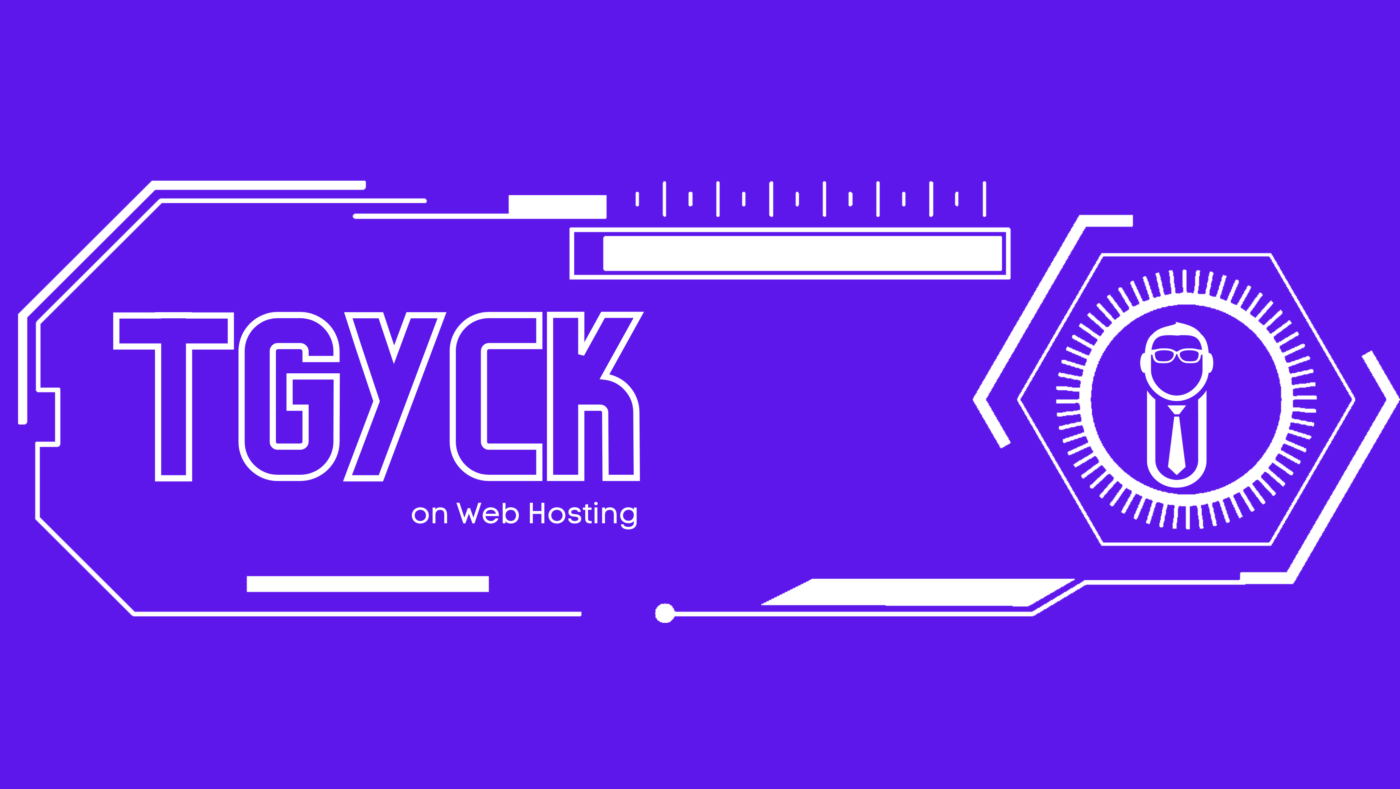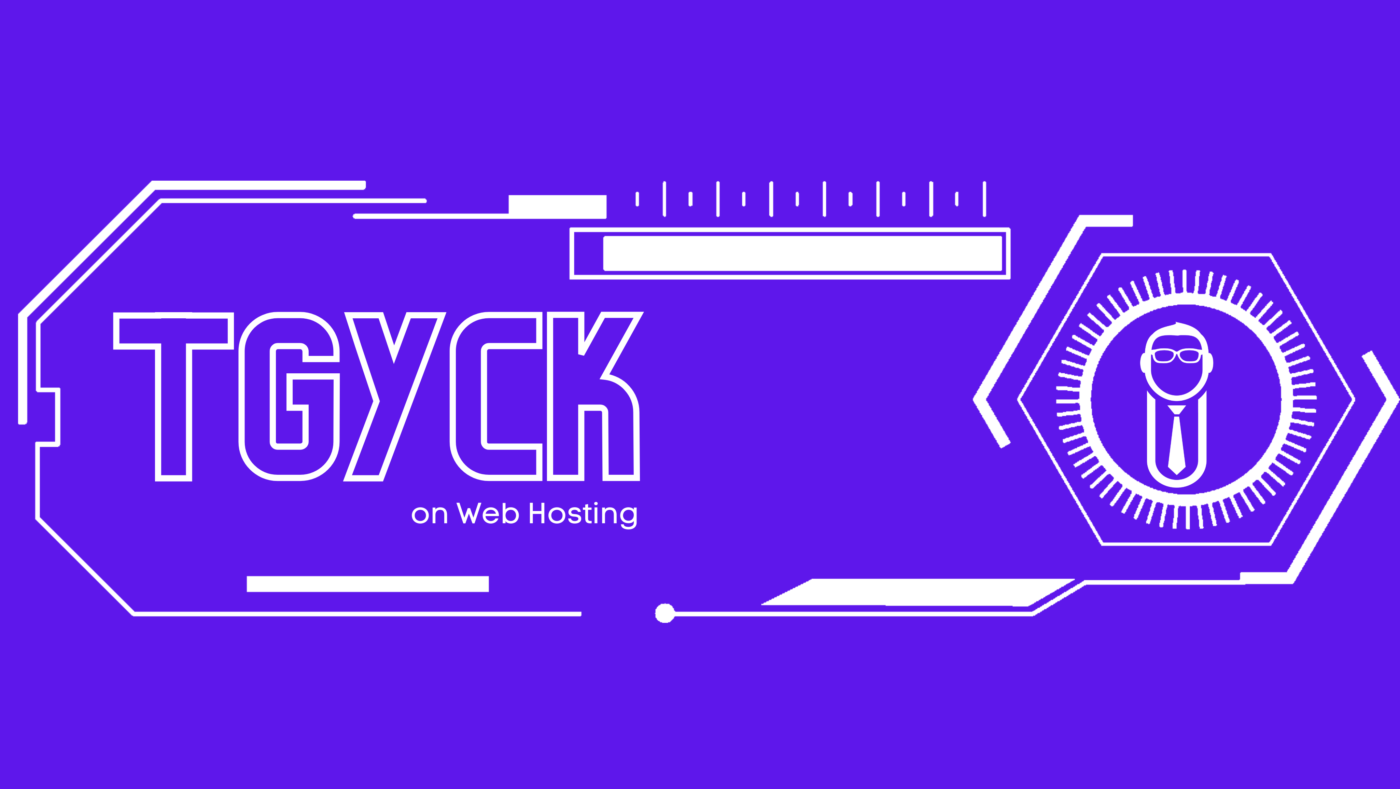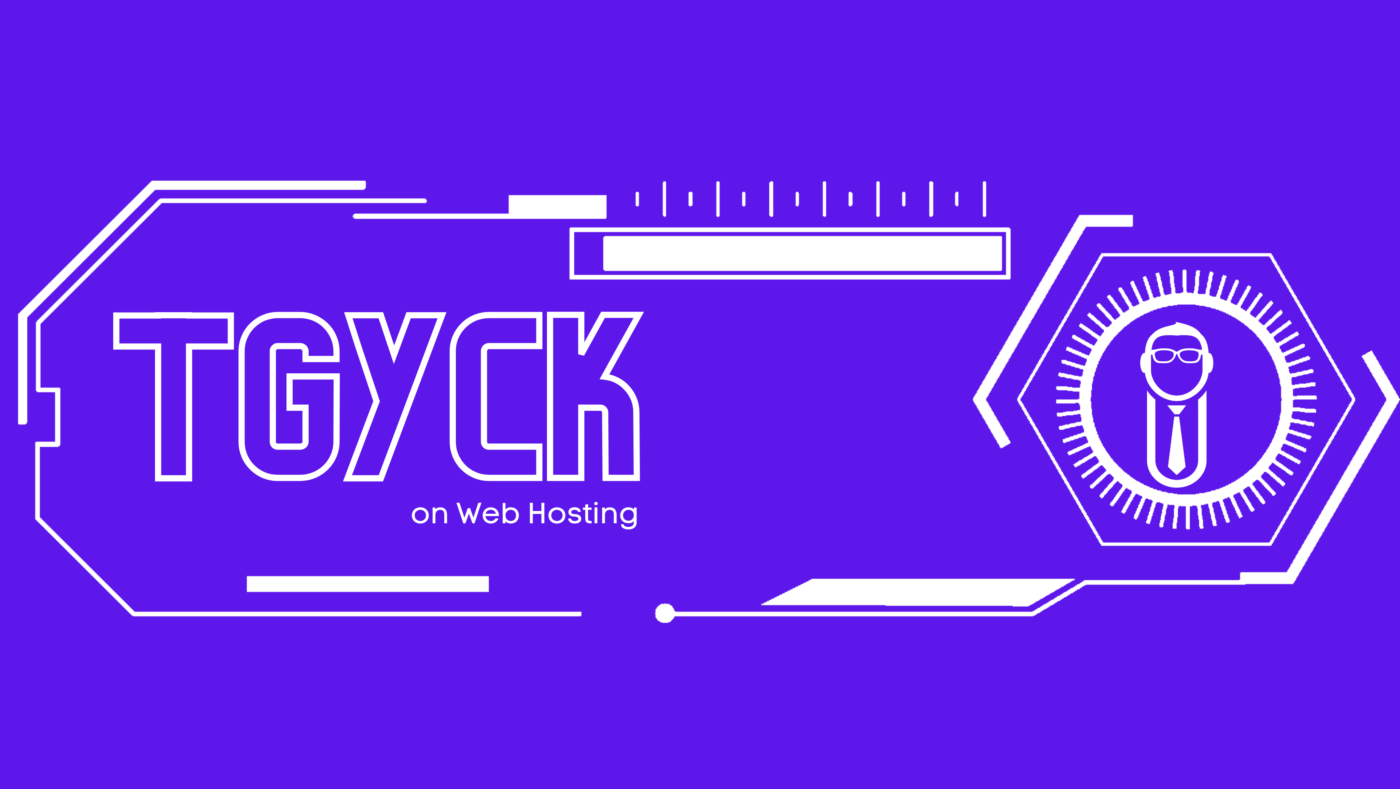Introduction: Artificial Intelligence (AI) Transforming Web Development

This blog post explores how Artificial Intelligence is transforming web development by streamlining complex processes, improving user experience, enhancing website performance, and achieving SEO goals. It looks at how AI-powered tools such as chatbots, virtual assistants, code generators, and SEO tools are helping web developers create better websites faster.
The Importance of Web Application Security

This blog post examines the importance of web application security and explains how to implement a web application security scanner. It provides an overview of the different types of scanners and how to set them up. It also highlights the benefits of using a scanner and the potential repercussions of not doing so.
The Benefits of Managed WordPress Hosting for Your Business

The Benefits of Managed WordPress Hosting for Your Business When it comes to building a website for your business, WordPress is undoubtedly one of the most popular and reliable platforms available. While the CMS is user-friendly and versatile, managing a WordPress website requires a significant amount of time, effort, and technical expertise. This is where […]
Introduction: Artificial Intelligence (AI) and Personalization

This blog post explores the benefits of personalization and how AI is revolutionizing the personalization process. It provides an overview of the key benefits of personalization, as well as the ways in which AI is being used to revolutionize the personalization process.
Detecting and Preventing SQL Injection Attacks

This blog post provides an overview of what an SQL injection attack is, how to detect it, and the steps you can take to prevent it. It offers best practices for database security and discusses the importance of staying up-to-date with the latest patches.
Introduction: Choosing the Right Web Hosting Plan for Your Business

This blog post provides an introduction to selecting the right web hosting plan for your business. It outlines key factors to consider including website needs, types of hosting, uptime, reliability, technical support, and cost. The post also offers useful tips and insights to help you make an informed decision.
Introduction: Building Scalable Web Applications with Microservices Architecture

This blog post provides an overview of microservices architecture, its benefits, and how to implement it. It also explains the steps for implementing microservices architecture in a web application.
Understanding and Preventing Cross-Site Scripting (XSS) Attacks

This blog post provides an overview of cross-site scripting (XSS) attacks and important steps to take to prevent them. It discusses what XSS attacks are, how they work, and measures that can be taken to protect web applications from malicious code injection. It is a useful resource for anyone looking to learn more about XSS attacks and how to protect against them.
Balancing Performance and Security with a Content Delivery Network

This blog post explores how a content delivery network (CDN) can help website owners balance performance and security. It explains what a CDN is and how it can improve performance and security, as well as the additional features many CDNs offer. It’s a great read for anyone who wants to learn more about CDNs and how they can benefit their website.
The Rise of Voice Search

This blog post explores the rise of voice-activated technology and its impact on website SEO and user experience. It also discusses the importance of optimizing websites for voice search and provides tips for doing so.